Minister of Civil Affairs Lu Zhiyuan on Friday pledged to make the screening of State benefit recipients more transparent and fight corruption in the sector.
"Social aid commands huge public attention, and is a matter of social justice," he said at a minister's passage interview in Beijing on the sidelines of the two sessions, the annual gathering of China's top legislature, the National People's Congress, and the top political advisory body, the Chinese People's Political Consultative Conference National Committee.
"We must carry out related policies openly and transparently, and step up disclosure of beneficiaries," he added.
Lu said his administration will launch a campaign to rectify nepotism and other wrongdoings in the field of social aid, and make sure the welfare programs serve as the last defense to keep financially strapped groups afloat during hard times.
Lu's remarks came amid a nationwide effort to pinpoint vulnerable groups and prevent them from sliding into poverty.
As part of the effort, the ministry and 10 other departments have worked to roll out a tiered system to classify potential aid recipients, and allowed those not qualified for subsistence allowances to apply special aids such as in education, housing and healthcare.
Lu said authorities put about 66 million financially vulnerable people under surveillance for possible bankruptcy, an arrangement aimed to roll out aid quicker and more precisely.
Big data will be combined with home visits to ensure needy people are covered by existing social welfare programs and let the public feel the country's institutional strength.
Speaking at the event, the minister also sought to address concerns over eldercare as the country rapidly ages.
Lu said 297 million Chinese people were aged 60 and older by end of last year, and among them, 217 million were aged 65 and older.
"The aging process in our country has three features: the scale of elderly population, rapid aging process and the task of coping with aging is arduous," he said.
As part of the effort to cope with aging, Lu said the ministry is working to promote services that help older residents live independent lives at home or cared for within their own community. He said the strategy is in line with Chinese tradition for people to spend their old age closer at home.
"We'll comply with the trend and supply related services. We'll also help refurbish older people's homes to make them more accessible, set up smart eldercare beds at homes, and roll out services to help them have meals on time," he said.








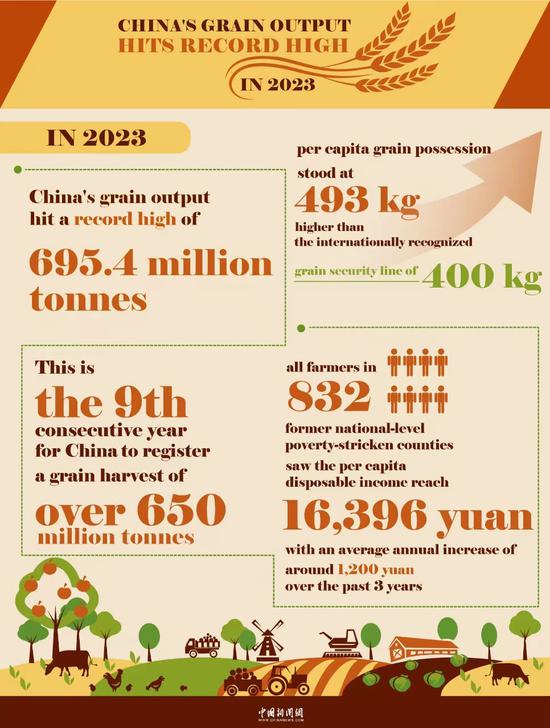
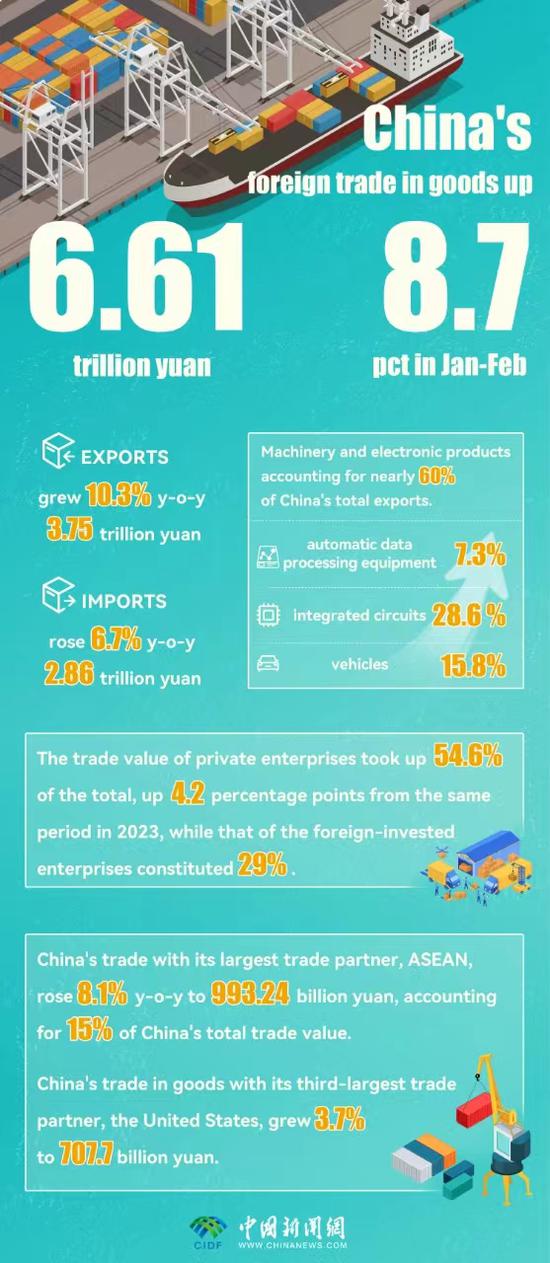
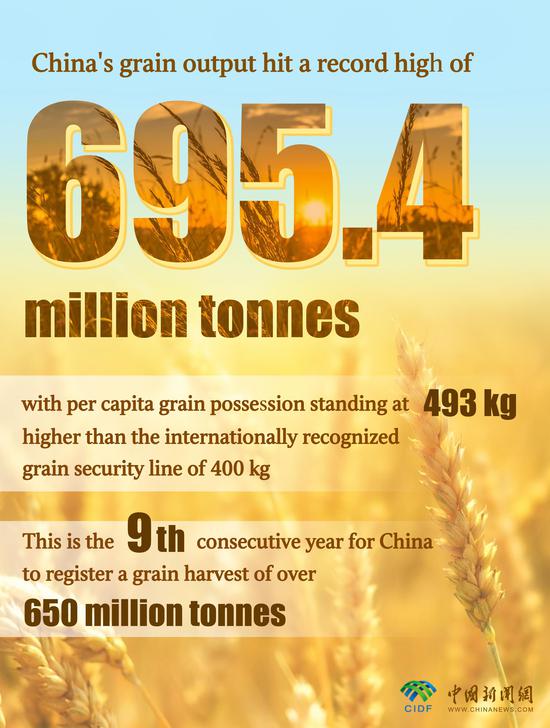
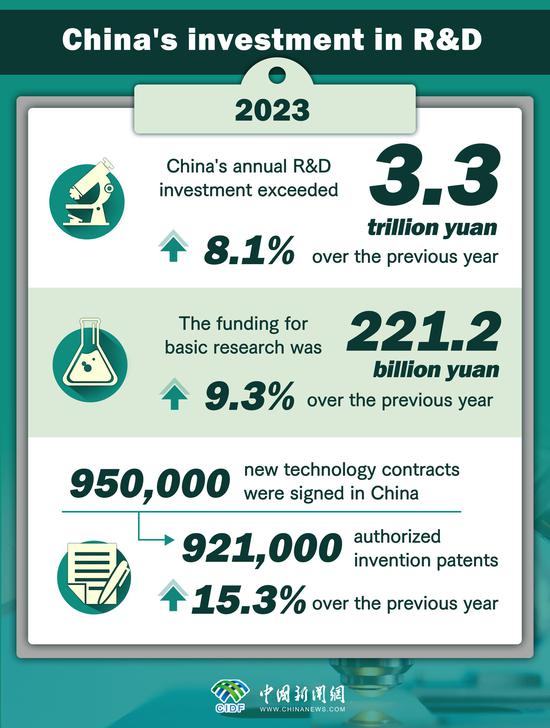

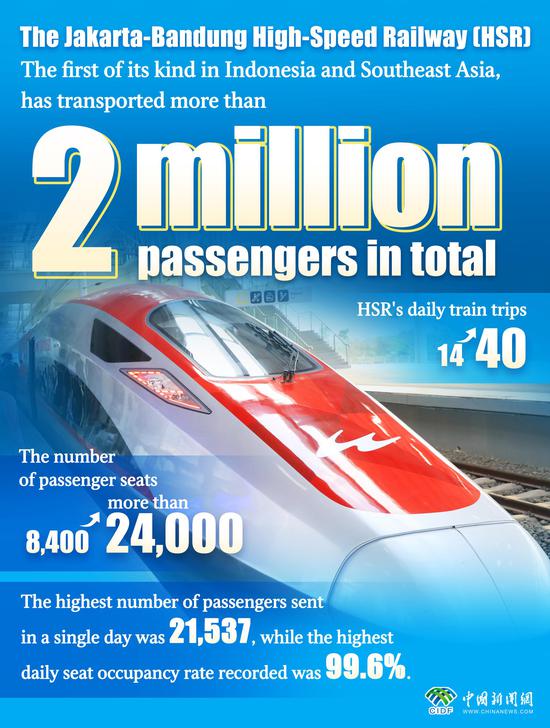
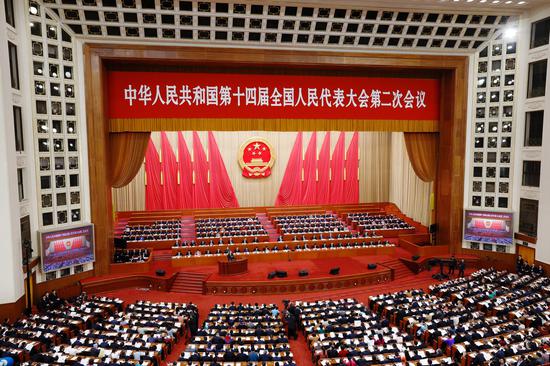



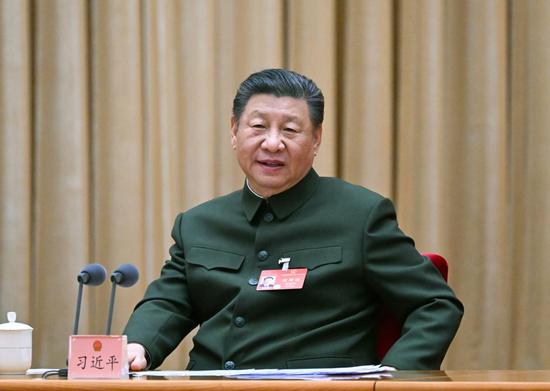



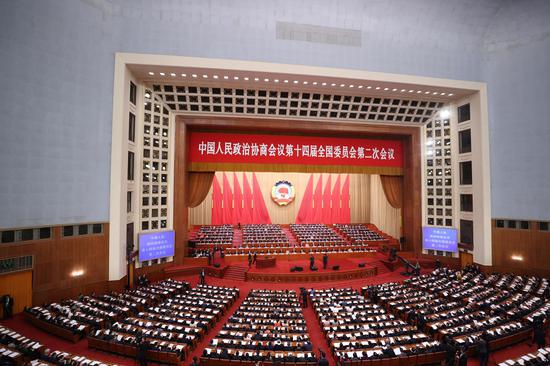
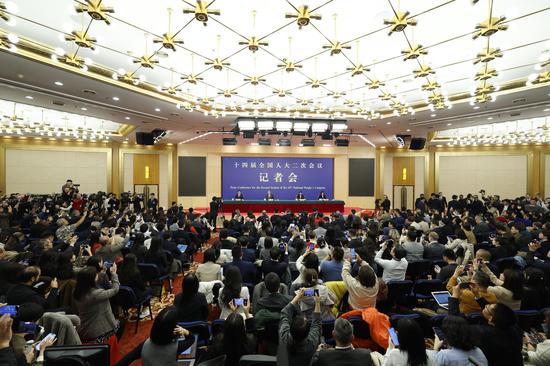

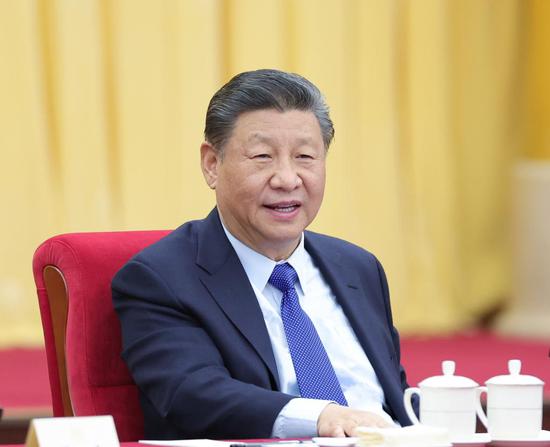
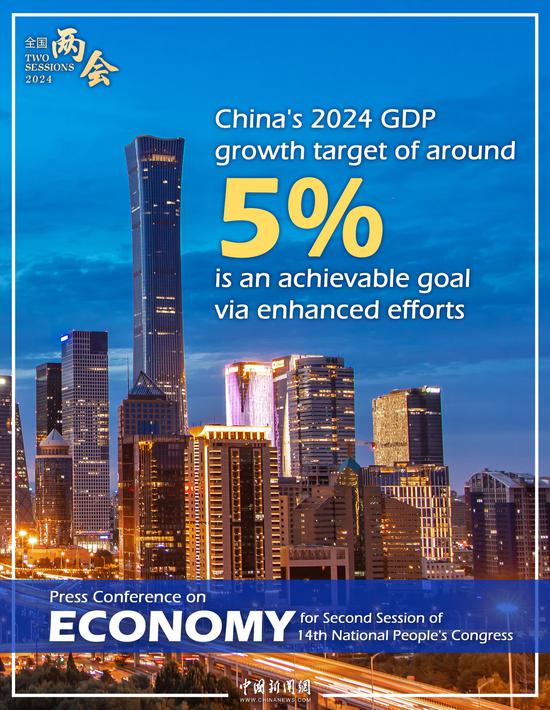
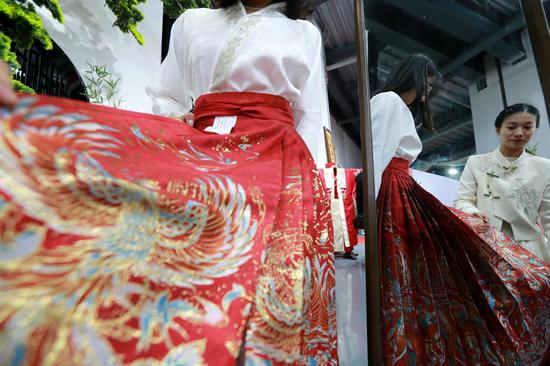


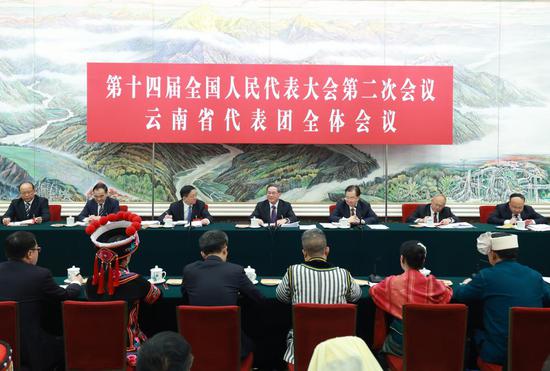
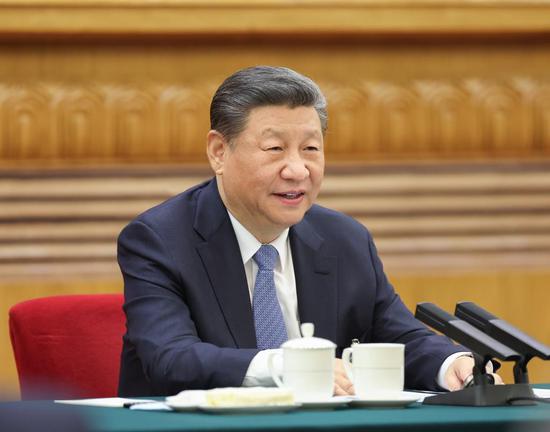

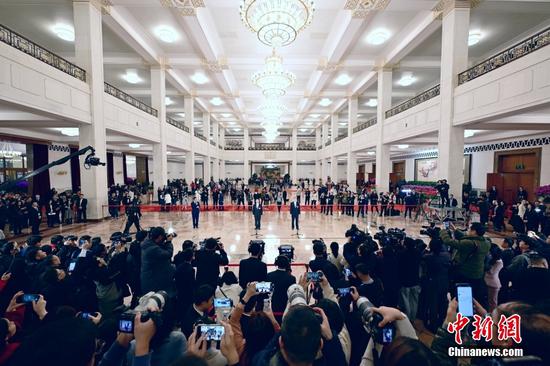
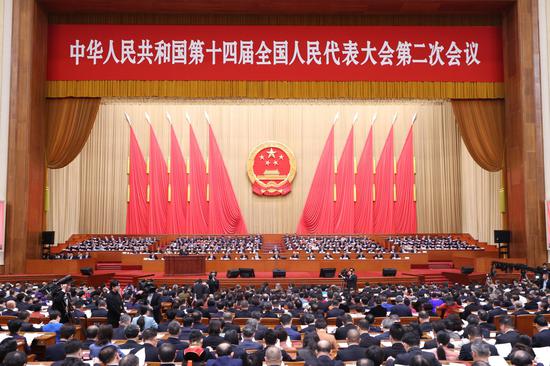

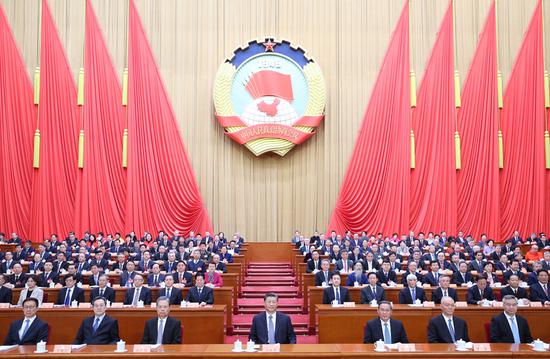
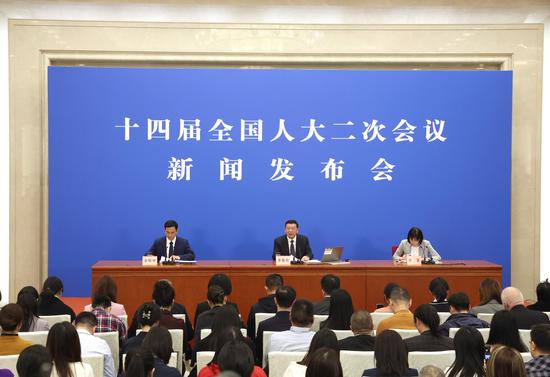
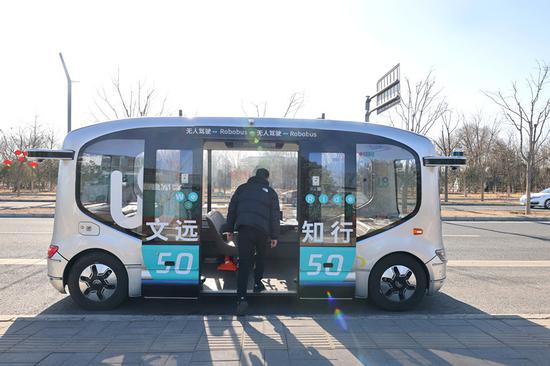



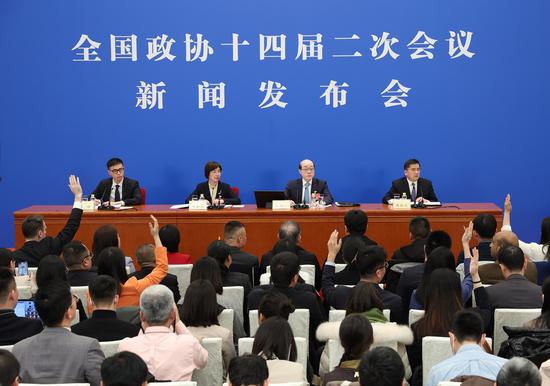







 京公网安备 11010202009201号
京公网安备 11010202009201号